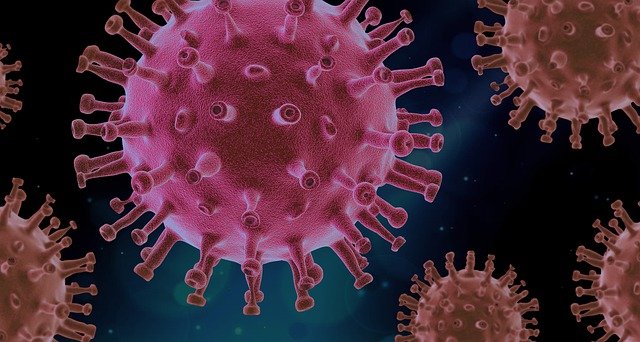New Jersey Governor Phil Murphy recently signed an executive order requiring all New Jersey employers to adopt health and safety protocols aimed to curb the spread of COVID-19. Executive Order 192 took effect on November 5, 2020 and applies to all workplaces that require or permit employees to be physically present at a worksite in New Jersey, including schools and local governments.

Executive Order 192
Under the health and safety protocols established in Executive Order 192 (EO 192), employees must maintain at least six feet of distance from one another to the “maximum extent possible,” including but not limited to:
- During worksite meetings, orientations and similar activities that would traditionally require individuals to be present in a single room or space;
- In common areas such as restrooms and breakrooms; and
- When individuals are entering and exiting the workplace.
EO 192 also mandates that employers require employees and visitors to wear masks when entering the worksite, with limited exceptions. However, employers may permit employees to remove face masks when they are set at their workstations and more than six feet from other individuals, or when an employee is alone in a walled office. Additionally, employers must make face masks available, at their expense, to employees.
Additional COVID-19 health and safety protocols require employers to:
- Provide approved sanitization materials to employees and visitors at no cost to those individuals;
- Ensure that employees practice hand hygiene and provide sufficient break time for that purpose;
- Routinely clean and disinfect all high-touch areas in accordance with Department of Health and CDC guidelines;
- Conduct daily health checks, such as temperature screenings, visual symptom checking, self-assessment checklists, and/or health questionnaires, prior to each shift, consistent with CDC guidance;
- Exclude sick employees from the workplace and follow requirements of applicable leave laws; and
- Promptly notify employees of any known exposure to COVID-19 at the worksite.
EO 192 also directs the New Jersey Department of Labor to create an intake form on the agency website to receive worker complaints, as well as a process for processing and investigating such complaints. Violations of EO 192 may result in penalties, including a disorderly persons charge, which can carry penalties of a fine up to $1,000 and up to 6 months in jail. The Department of Health Commissioner is also authorized to shut down the offending facility under N.J.S.A. 26:13-8.
Impact on New Jersey Schools
Of relevance to school districts, the workplace requirements also apply to employers with employees who have a part time physical presence at work. Accordingly, the EO192 workplace requirements still apply to schools that have adopted hybrid models.
It is also important to note that the mask provisions found in EO 192 Section 1(b) do not applyto K-12 schools. Rather, school employers must comply with the mask provisions of Executive Order 175, which requires mandatory use of face coverings by staff, students, and visitors, with the exception of certain circumstances, such as when doing so would inhibit the individual’s health or when eating/drinking.
Finally, Executive Order 192 clarifies that employers must promptly notify all employees of any known exposure to COVID-19 at the worksite, consistent with confidentiality requirements of the Americans With Disabilities Act and Equal Employment Opportunity Commission guidance. Accordingly, it is important that school districts have policies and procedures in place for such notifications.
Key Takeaway While many New Jersey employers have likely already adopted many of the health and safety protocols, Executive Order 192 now makes them mandatory. School districts should work closely with counsel to ensure that they are in compliance with EO 192. For detailed guidance, we encourage you to contact a member of Scarinci Hollenbeck’s Government Law Group
